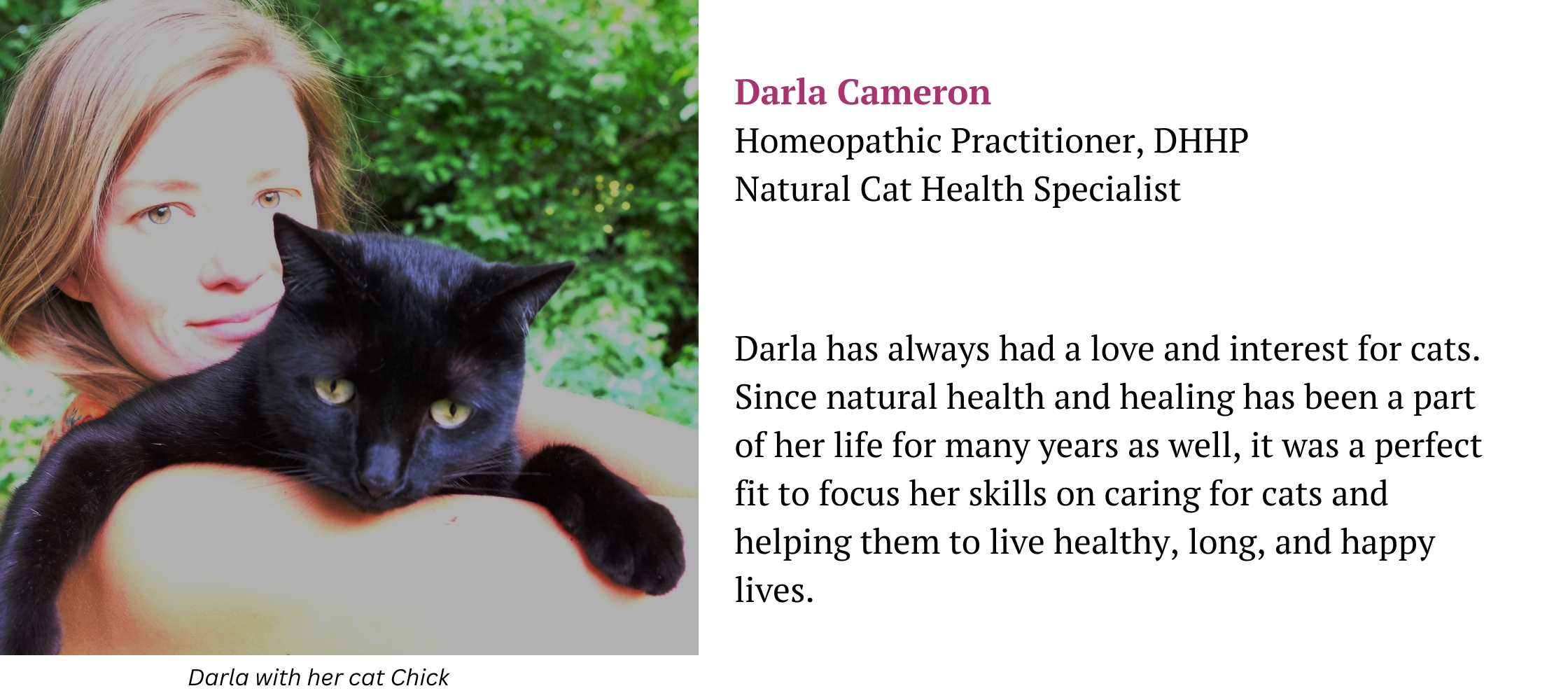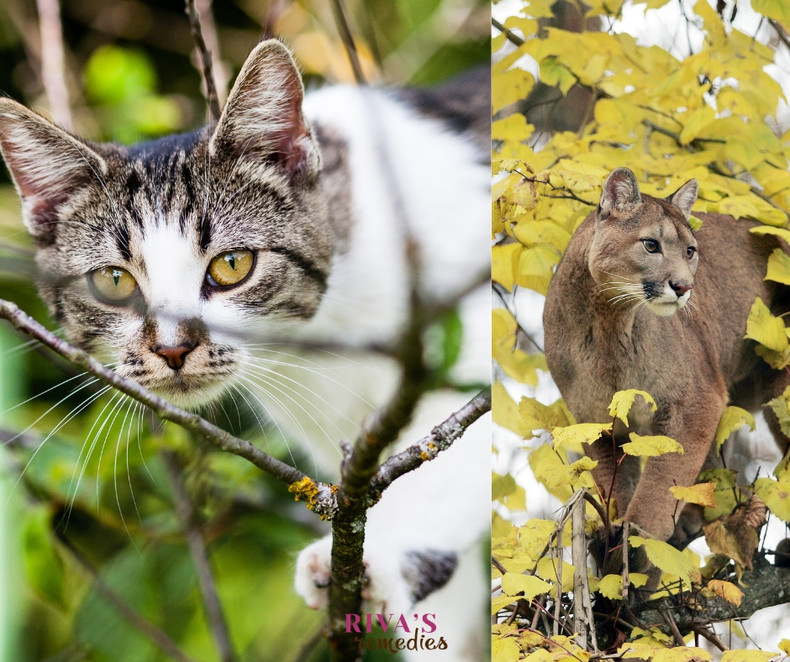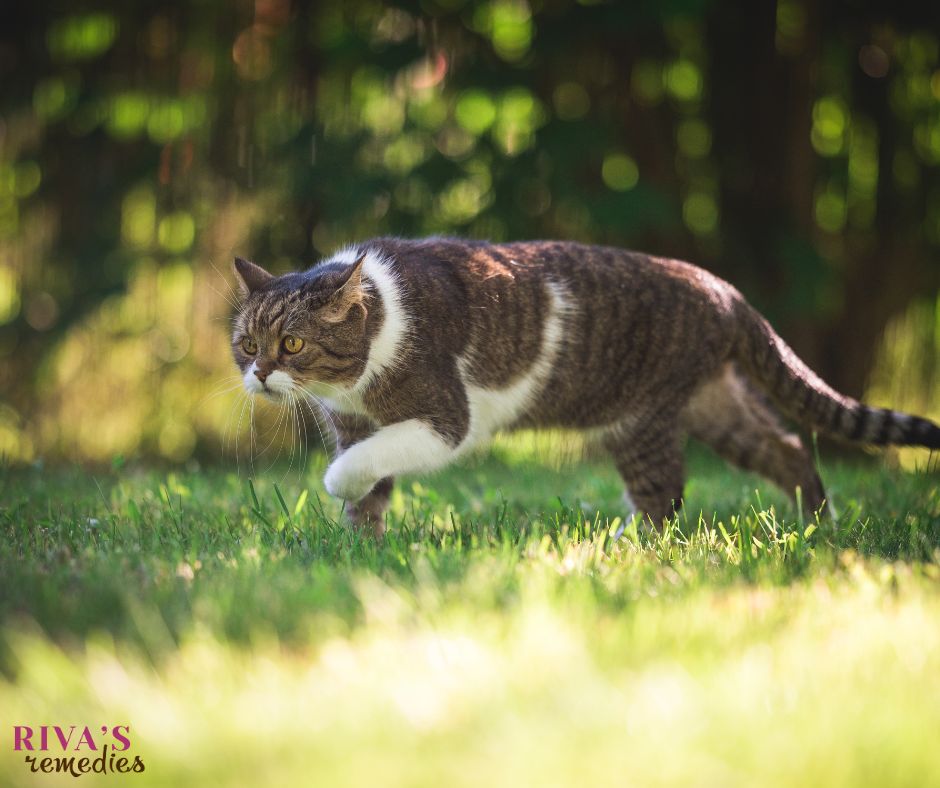House cats might not look like cougars, but we are sure that our dreamy felines enjoy seeing themselves as big strong cats, just like the lions, the tigers, and the cougars, aka mountain lions. They can visualize themselves on an exciting solo hunt, stalking big game, tearing away at a raw kill, and then sunbathing on a rocky mountain top to rest and digest.
Cats of all sizes have mysterious traits and ways. And given that our house cats share over 95% of their DNA with these big wild cats, they likely find it quite easy to shapeshift into a cougar in their dreams. And the thought of having a miniature lion in the house appeals to many of us cat keepers. Cats know this. But as much as they want to be thought of as big cats, there are habits and traits which sets them apart from their bigger relatives.
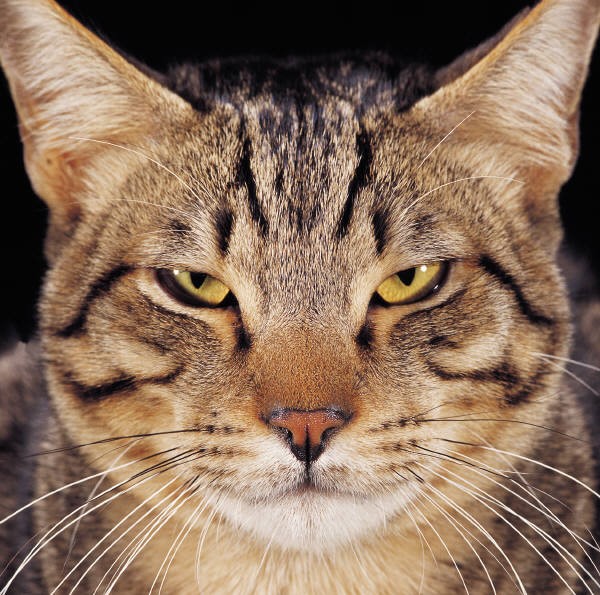
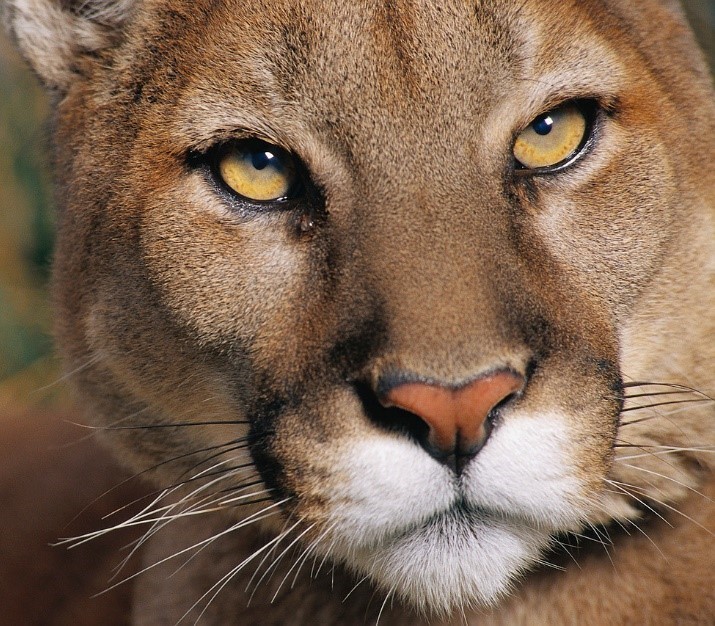
How Cougars and Cats Prefer to Live
Cougars and the domestic house cat are in the same family, the Felidea, but differ in their distinct species. Cats are defined as Felidae Felis and cougars are defined as Felidea Puma which is the Panther group consisting of other large cats such as black panthers, cheetahs, and lions. It is thought that the domestic cat is most closely related in DNA to the African Wild Cat.
Here in North America, we live amongst many different types of big wild cats but often times you wouldn’t know it! Cats such as cougars, bobcats, and the Canadian Lynx, live in the forests but are rarely seen. But, when the chance does occur, they have a powerful presence, and we are simultaneously struck with awe and a little bit of terror.
In comparison, our domestic house cats can be seen all over the place - in our cities, neighborhoods, homes, and barns. They are both tame and feral, feral meaning they are in a wild or untamed state. Most feral cats are not feared; some of them are shy, and others will take advantage of a passerby for extra pets or food handouts.
Cougars can live on average up to ten years in the wild and up to twenty years in captivity. House cats that live outside usually only live up to two to five years whereas indoor, or both indoor and outdoor cats live on average up to eighteen years. Which cat would you like to be?
How Much Space Do Cats Need?
First of all, they need space to run and fast running speeds sets them up for successful hunting. Cougars can reach speeds up to fifty to seventy kilometres per hour and domestic cats, while slower, can themselves run an amazing speed of up to thirty-two kilometres per hour.
This serves them well since a mouse can only run up to thirteen kilometres per hour. Cougars are solitary creatures; male cougars require up to two hundred and forty kilometres of land to live, hunt, and breed. Females require close to fifty kilometres. Cougar populations are healthy in North America and there is no threat to them now, but with increased habitat loss they are budding up into human populated neighborhoods.
Domestic cats, on the other hand, live with humans and sometimes other cats. Cats that have been tracked and studied typically wander close to home with an average of one to three acres of space. But, depending on your living circumstances, your cat may consider their territory as only the space in the house and backyard.
And there is no shortage of cats either. To the contrary there are more cats than we can look after. They can produce offspring as young as six months old, with four to six kittens in a litter. So, rescue organizations keep busy by taking in litters for spaying, neutering, and adoption.
What Do Cougars and House Cats Eat?
Another major difference between the little cats and the big cats is diet. Cougars will eat many different types of prey - both large and small - which include, deer, porcupine (seriously!), beaver, varying hare, moose, elk, wild sheep, mountain goats, grouse, and coyote. Cougars will leave their meal once full and come back when they feel hungry again.
Outdoor domestic cats will eat mice, birds, and insects but more typically we humans feed them commercial food - raw, canned, and dry kibble. And often times a bowl of kibble is left for them to graze as they please. Food left out can lead to weight gain, digestive issues, and indifference to their meals. Why is this? The smell of food triggers a cat’s brain to prepare the body for digestion. The metabolism slows down getting the stomach and intestines ready for food, while blood flow and waste disposal slow down. This accumulation of toxicity affects their appetite and overall well-being.
Cougars nibble on grasses and plants and it is thought that they do so after a large meal. Domestic cats nibble on grasses too if given the chance. They also enjoy a wide variety of vegetables and fruits. Introducing variety while still in kittenhood can widen their palette and help them become accustomed to different smells and textures. Familiarity in what they eat is important to both wild big cats and domestic cats.
Little Cougars
So, given all these differences between the little cats and the big cats, we know that house cats are not cougars, at least not in body, but very much so in spirit. And we don’t want to tell them otherwise!
To learn more about feeding variety to your cats check out my informative blog: Should Cats Eat Vegetables?
